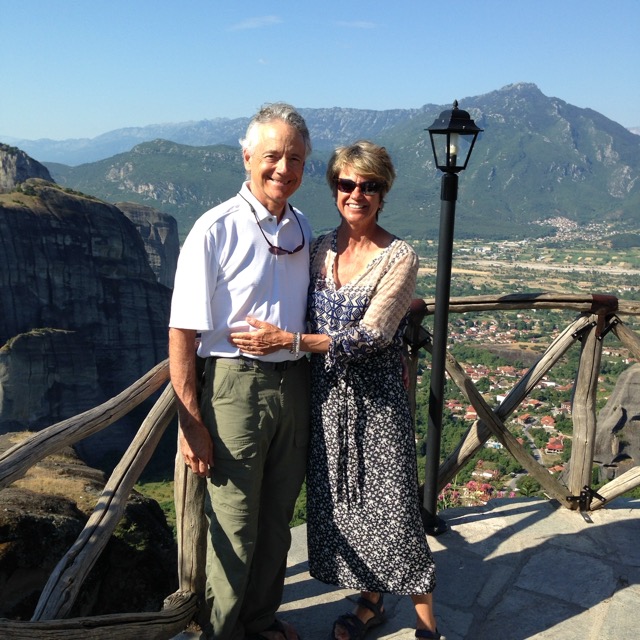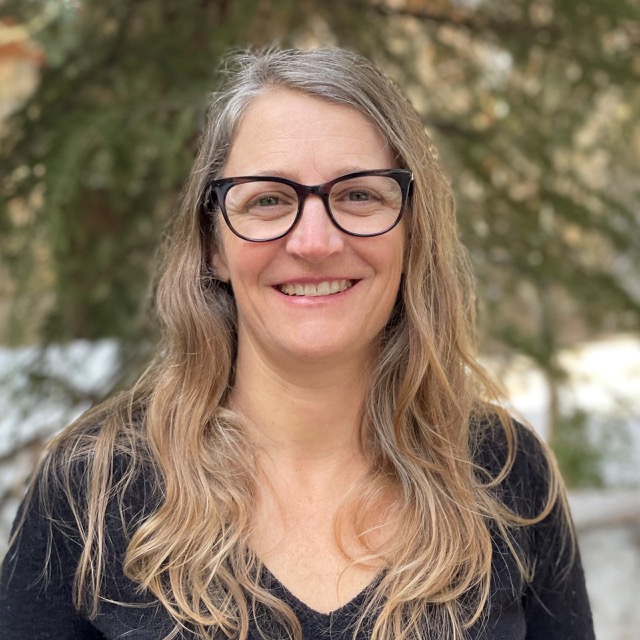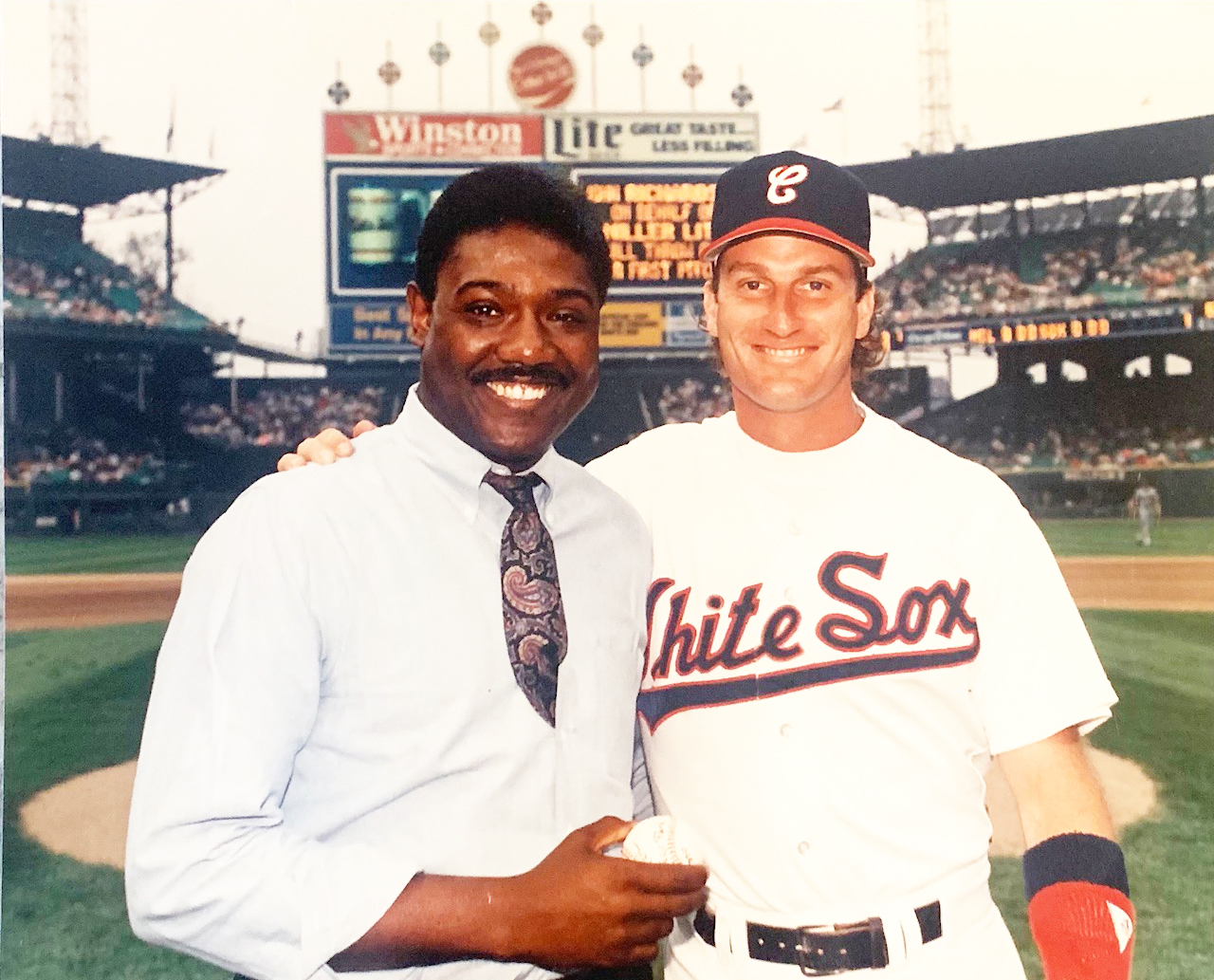Head of School’s Reading List: Fall 2023
This is the latest installment of Jeff Leahy’s suggested reading list. You can look back through previous blog posts for other suggestions.
With the start of the new school year, I thought I would share my most recent reads. It has been a busy summer of reading, and I have enjoyed a wide variety of literature and some great authors.
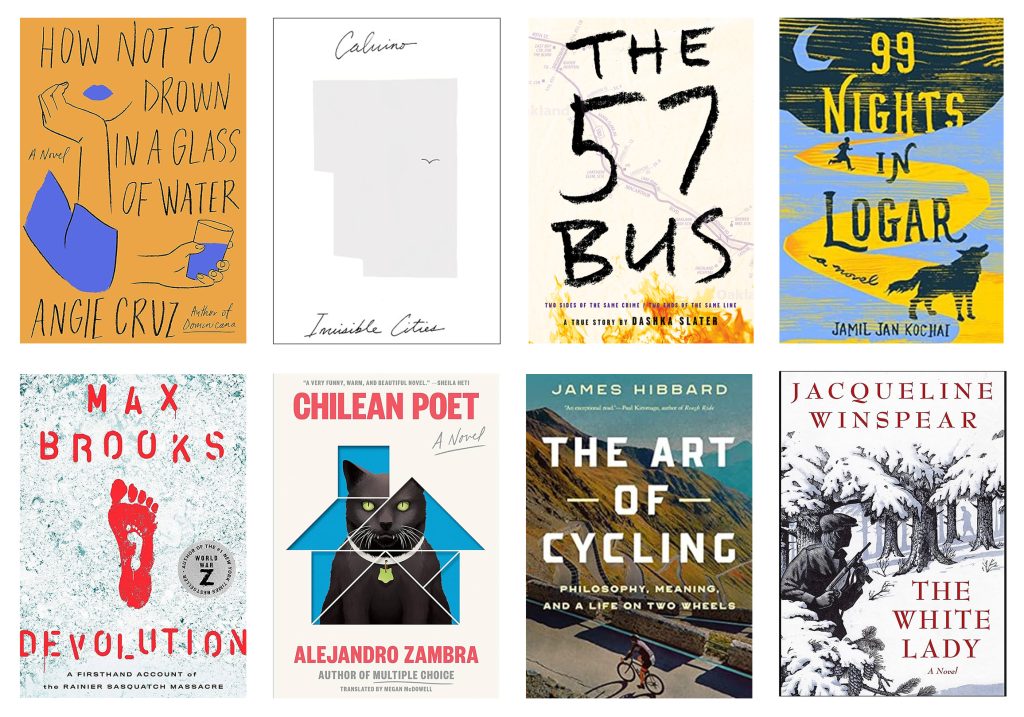
Angie Cruz’s How Not to Drown in a Glass of Water: Recommended to me by an administrator at Mount Holyoke College when we were zooming together over some collaborative work between our institutions; she had seen this blog and my earlier book suggestions and was kind to suggest a few books she had enjoyed. Cruz selects for her narrative foil a character who is deeply human, funny, intelligent, naïve, and complicated. Through our narrator’s eyes we see an America in all its beauty and potential, and its obstacles and limits.
Italo Calvino’s Invisible Cities: After really enjoying earlier this summer the freshness of Calvino’s If On a Winter’s Night a Traveler (recommended to me by my daughter, Megan Leahy), I was eager to try some more of Calvino’s work. Invisible Cities is an imagined dialogue between Marco Polo and Kubla Kahn that are based on Polo’s travels. These imagined cities are the structural framework of the novel that finds a companion piece in The Travels of Marco Polo.
Dashka Slater’s The 57 Bus: Recommended to me by the same administrator at Mount Holyoke College who suggested Cruz’s work, this book uses an incident on a bus to explore crime, race, class, politics, gender identity, and a general understanding of the norms within our modern society. It is a nonfiction work that takes place in Oakland when a teen sets a peer on fire. This is considered Young Adult literature, but given its nonfiction status, adults will find it a compelling read as well.
Jamil Jan Kochai’s 99 Nights in Logar: A fantastic novel from a writer who was born in Pakistan, grew up in the U.S. and traveled to Afghanistan to visit his family during his childhood. It is noted by one reviewer that Kochai “deprioritizes the western reader” by not offering to translate Farsi and intermixes languages and storytelling techniques throughout. Kochai’s goal is to celebrate Afghanistan culture, and presents to us (the Western reader) a country that is much more complex than the war torn place we might imagine it to be.
Max Brooks’ Devolution: Mostly known for World War Z, Brooks moves away from zombies and uses Sasquatch as the primary antagonist that threatens a remote community in the Pacific Northwest. Similar to most science fiction, Brook’s target is the frailties of our own modern day thinking. The main characters are for the most part unlikable, but that is the point, and as they have their own illusions stripped from them, those that survive tend to grow on the reader.
Alejandro Zambra’s Chilean Poet: Two childhood lovers are reunited by happenstance after nine years apart and as they reconnect they have to navigate the passions and choices that make up their adult worlds. I am not sure who directed me towards this book, but I am glad that I picked it up. Described as a “writer for readers,” if you are not familiar with Zambra’s work and consider yourself a “reader,” then any of his books might be worth your attention.
James Hibbard’s The Art of Cycling: Philosophy, Meaning, and a Life on Two Wheels: Ashley Smith, Director of Counseling, passed along this book to me. Hibbard was a competitive cyclist at the highest levels of the sport, and this effort puts in perspective how challenging cycling is to even get to that level and ultimately what is truly important in our lives. This non-fiction work intersperses Hibbard’s history, with the history of the sport, and large doses of philosophy that don’t feel contrived or out of place.
Jacqueline Winspear’s The White Lady: A classic historical mystery that spans a time before and after two world wars. The heroine is continually thrust in situations where she seeks to protect others in a patriarchal world of death, greed, and destruction that threatens the lives of those she loves or the countries in which they live.
 MYCRMS
MYCRMS


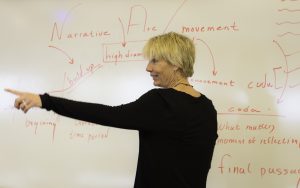


 Virtual Tour
Virtual Tour